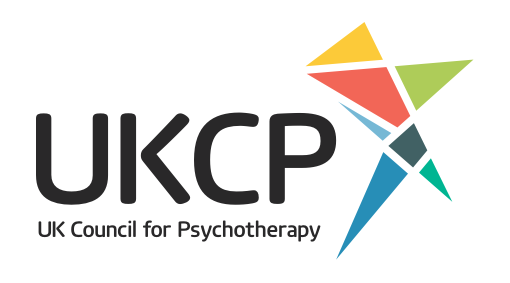Psychotherapy & Counselling
The Process
Seeking help can give people an opportunity to share thoughts and feelings with someone who is not directly involved in their lives. A trusting relationship between therapist and client is pivotal and I understand the importance of providing a safe, supportive, honest and respectful environment for my clients.
Counselling and Psychotherapy allows people to engage in a process of understanding themselves better as well making sense of feelings, thoughts and behaviours. This process may help people identify and re-evaluate core beliefs, as well offer an understanding as to how these beliefs may be influencing the way they live their lives.
It may also provide people with the opportunity to reflect on why they are feeling stuck in a pattern of behaviour and give them a deeper understanding of how they relate to others. Although the terms counselling and psychotherapy are often used interchangeably, there is a difference between them. Counselling is usually shorter term and often solution focussed, Psychotherapy is usually longer term and may focus on broader more complex issues.
Starting psychotherapy or counselling
People pursue psychotherapy or counselling for a variety of reasons. Some may enter it to address major life transitions, such as family breakdown or bereavement and others may seek help in managing their mental health. There’s a common misconception that when a person decides to have psychotherapy or counselling that they may have something wrong with them, when in fact, most clients that I see are ordinary people struggling with common, everyday issues.
There are many more reasons for seeking psychotherapy or counselling some of these may include:
- Family breakdown or family issues
- Parenting challenges
- Adjusting to life changes/transitions
- Bereavement and loss
- Relationship difficulties
- Supporting someone with a mental health illness
- Stress, anxiety
- Depression, loneliness and isolation
- Post natal depression
- Self destructive patterns
- Cultural issues
- Childhood trauma or neglect
- Health related issues
- Anger management
- Disordered eating
- Self Harm
- Low self esteem
About

I am an experienced UKCP psychotherapist and I have been working therapeutically with children, young people and adults, for over twenty-five years. I hold an MA in child, adolescent and family therapy as well as a postgraduate diploma in drama therapy, sand tray therapy and supervision. I work in an integrative way which is a combined approach to psychotherapy; this way of working offers an opportunity to combine different therapeutic tools and approaches to fit the client’s needs at the time.
I find that my training as a child and adolescent psychotherapist and a drama therapist allows me to integrate creative techniques into my work. This allows the client to delve deeper into their unconscious and uncover elements of themselves that may have been unapparent. My training has also been helpful in that I am able to offer a solid understanding of early childhood and how this may have impacted a person’s life. Furthermore I feel able to offer valuable support to parents who are finding parenting challenging.
Post Graduate Diploma at Central School of Speech and Drama
MA In Child, Adolescent and Family Therapy the Centre for Counselling and Psychotherapy in Education
Diploma in Sand Tray Therapy at the Centre for Counselling and Psychotherapy in Education
Diploma In Supervision at Terapia
Enquiries & Appointments
For general enquiries please fill in the contact form.
- London, N20 8HD
